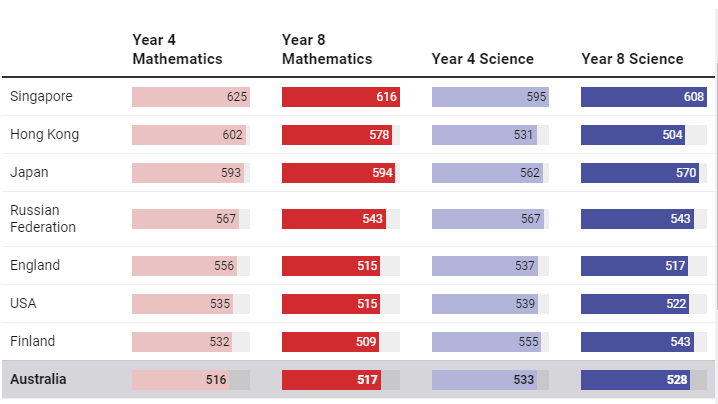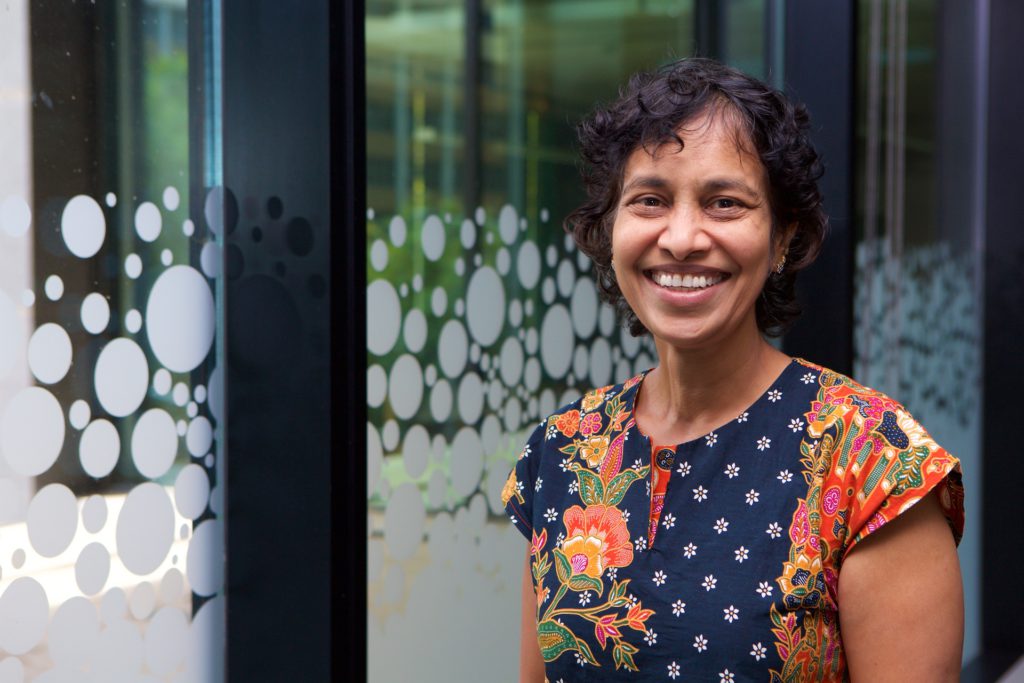In 2020, as per Trends in International Mathematics and Science Study (TIMSS) survey, Australia was among top ten countries in maths and science.
14,950 Australian students (years 4 and 8) from 571 Australian schools participated in this survey.
The primary underlying factor behind poor achievement was the difference in socioeconomic background of school students.
This caused an imbalance in opportunities and resources available to these students.
Keeping in mind the low enrolment rates, New South Wales (NSW) even wished to make maths compulsory in years 11 and 12.
The country’s largest education system wanted to reverse the slide in maths enrolments and bring in much needed maths-teaching reforms in the state.

Now, a public paper issued by the Actuaries Institute seek policymakers to step-in and change the way maths is delivered for better outcomes.
It aims to make public policy recommendations that will lead to more students studying maths, and at higher levels in Australia.
“Making mathematics more relevant and interesting may also uncover students with the ability and interest to study mathematics, giving a wider cohort the confidence and ability to choose a wider range of degrees at university.”
According to this paper, titled “Mastering Mathematics for Australia’s Future,” Australian students’ aspirations and their awareness of the value of STEM skills and the breadth of STEM careers is declining.

Actuaries Institute Chief Executive Elayne Grace says that Australian actuaries depend on the
development of deep maths skills to work across a very broad range of industries.
“The bedrock of those skills is taught in school, and then university.”
The paper notes that Australian students do not understand how maths is relevant to every-day life. Martin Mulcare, who developed the policy paper, says:
“Effective maths education is vital for young Australians to help them confidently apply maths to everyday tasks and to create high level capabilities that support the growth of science, technology, engineering, and mathematics (STEM) industries in Australia.”
Actuaries work in risk assessment in sectors that include insurance, superannuation, climate change and data analytics. Jefferson Gibbs, the Actuaries Institute President, says:
“Proficiency in maths opens doors to many careers. Having maths skills creates opportunities that are otherwise closed off. These skills are important not just for Australia’s rankings, in terms of education and workforce standards, but also for opportunities that open up for individuals.”
The paper states only 20.5% of Year 12 students currently choose to study intermediate maths and only 10.1% study maths at a higher level, rates that have declined from 23.3% and 11.6%, respectively, in 2008.
Further, only 7% girls study higher level maths, and there are stark differences between maths and numeracy rates between city and regional kids.
The paper suggests that policymakers should make a concerted effort to get more girls enrolled in maths to stave off a potential shortage of STEM workers in Australia.
“Males are more than one-and-a-half times more likely to study higher level maths than females. This contributes to the underrepresentation in mathematics-intensive STEM careers, which exacerbates gender wage inequality.”

Prof. Asha Rao, who is Associate Dean (Mathematical Sciences) at RMIT University and an inductee in the 2021 Victorian Honour Roll of Women, agrees with the recommendation.
“As the Actuaries Institute says, when a girl does maths, her career options expand massively. Mathematics is the foundation and language of the universe. Whether it is building a better smartphone or giving the best treatment for cancer, an understanding maths is essential.”
She further adds that her message for the girls is:
“Do the highest maths you can. You never know when you will use it. It will be there when you need it.”
It also suggests that every Australian school leaver should be able to demonstrate a minimum standard of numeracy.
The paper observes that state’s education system should be accountable for delivering that outcome with a range of suitable courses.
Elayne Grace adds that continued learning should be encouraged at Australian schools:
“We need to ensure the way maths is taught encourages continued learning and enjoyment. And students who take on harder subjects at school, like higher level maths, should be rewarded by universities for doing so.”
The paper is based on existing evidence-based research and acknowledges that innovation and technology will increasingly drive Australia’s economy as it moves away from current commodity-based industries.
Key recommendations made in the paper include:
- Compulsory mathematics or numeracy courses for all students to school completion.
- STEM industries to support the mathematics curriculum.
- Advanced training for mathematics educators.
- Appropriate mathematics prerequisites for STEM-based university degrees.
- University admissions to reward students undertaking higher-level mathematics.
- Promote greater female participation in higher mathematics.




